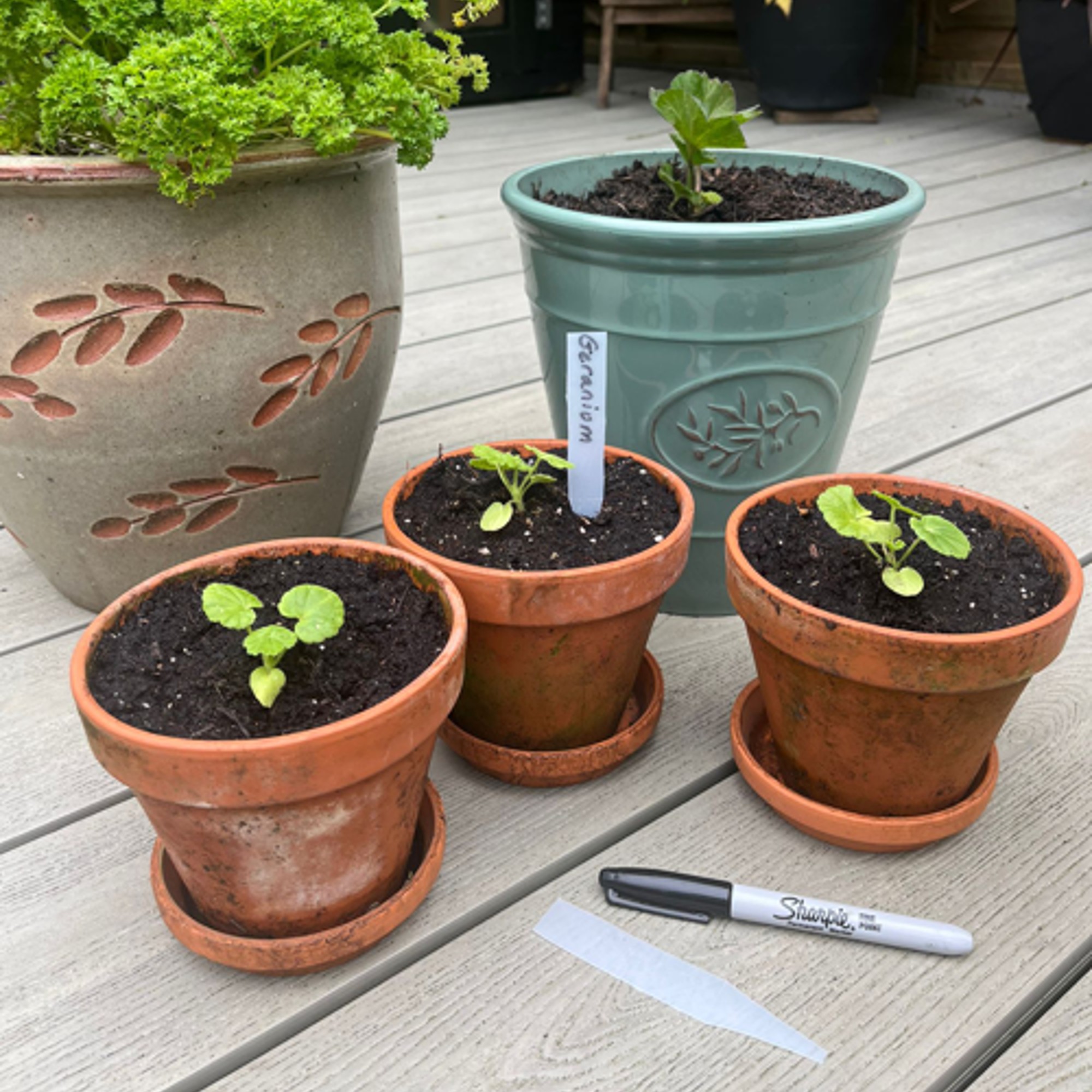
Each year, UK households produce tons of plastic waste - around 2.5 million tons to be a bit more specific, according to Statista. One of the ways in which we can lower this number is to repurpose that waste instead of chucking it out straight away, starting with ways to reuse plastic bottles in the garden.
And there are quite a few, most of which can save you money on gardening tools. We’ve put together 5 of our favourite ones – and all make for an easy upcycled idea for the garden and come approved by our gardening pros.
Similarly to using toilet paper rolls in the garden, reusing plastic bottles is a way to turn waste into something useful. And given that unlike toilet rolls, plastic isn’t biodegradable, that gives us all the more reason to find ways to repurpose this material wherever and as much as we can.
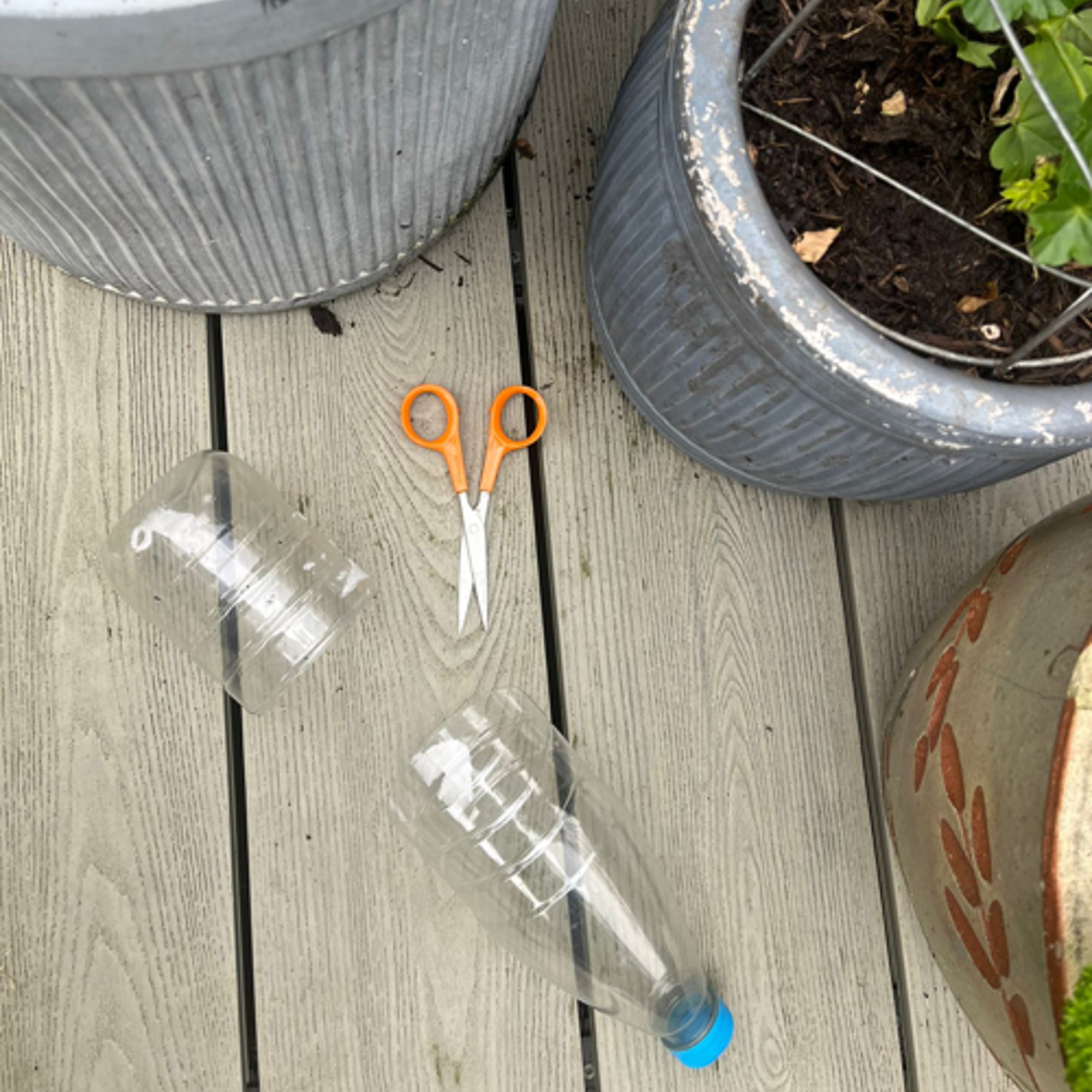
How to use plastic bottles in the garden
‘Plastic bottles come in all shapes and sizes and so can be reused for a variety of purposes in the garden,’ says Fiona Jenkins, gardening expert at MyJobQuote.co.uk, the UK’s leading trades matching site.
And these are 5 of our favourite ways to repurpose plastic bottles in the garden – all you’ll be needing is a pair of scissors and some permanent marker. And plastic bottles, of course.
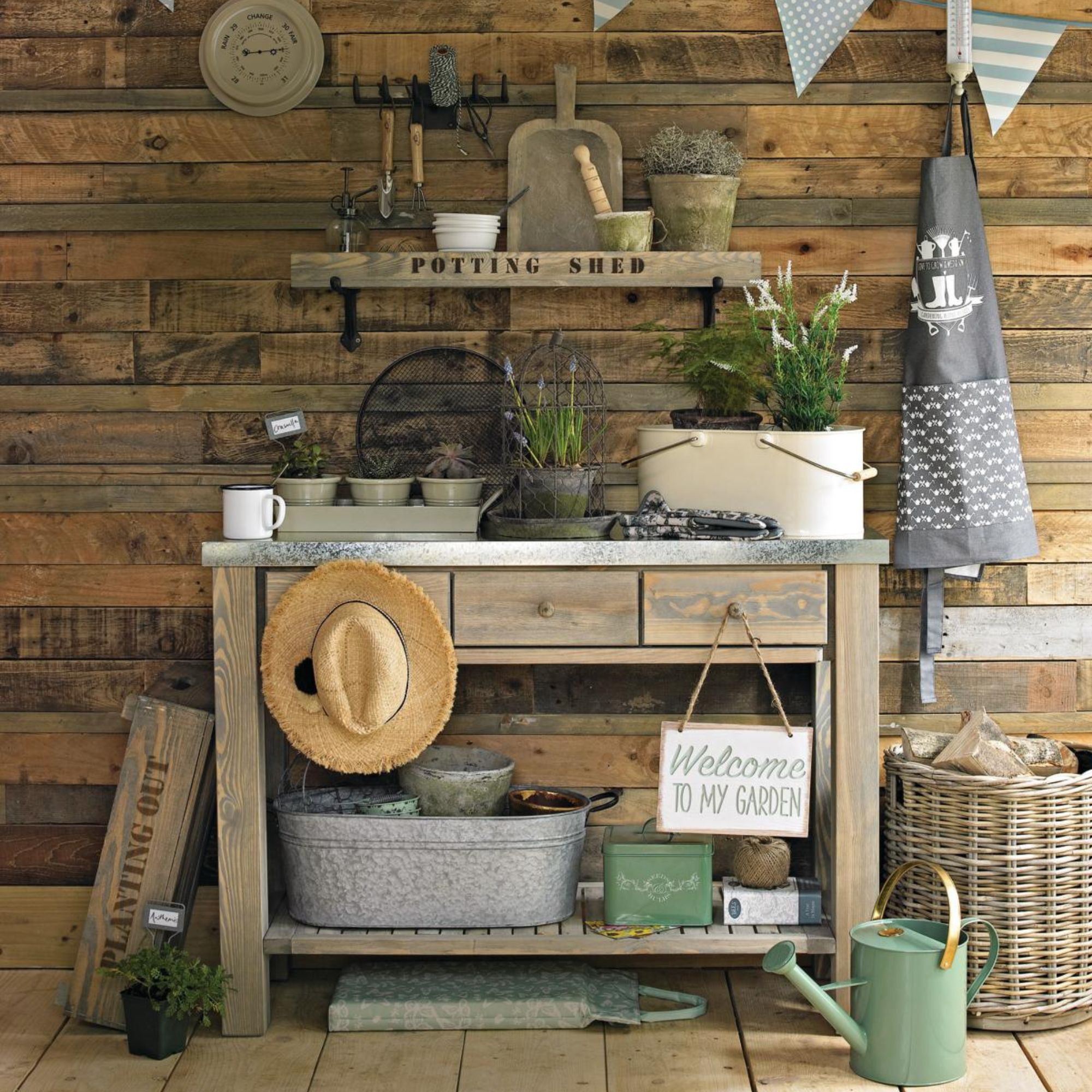
1. Use plastic bottles as seed propagators
If you’re looking for ways to sow seeds successfully, then using seed starters is a good bet. But instead of going out and buying specialised seed trays or pots, why not save your money and turn used plastic bottles into makeshift seed propagators?
‘Cut the top off the plastic bottle, fill it with soil, and plant seeds inside,’ says Steve Chilton, garden expert at LeisureBench. ‘The transparent bottle will act as a mini greenhouse to help the seeds germinate. Just be careful of potentially sharp edges of the bottle, however this could also deter pests from climbing in.’
And don’t forget to pierce the bottom for proper drainage. You don’t want your seedlings to become waterlogged.
2. Use plastic bottles as plant cloches
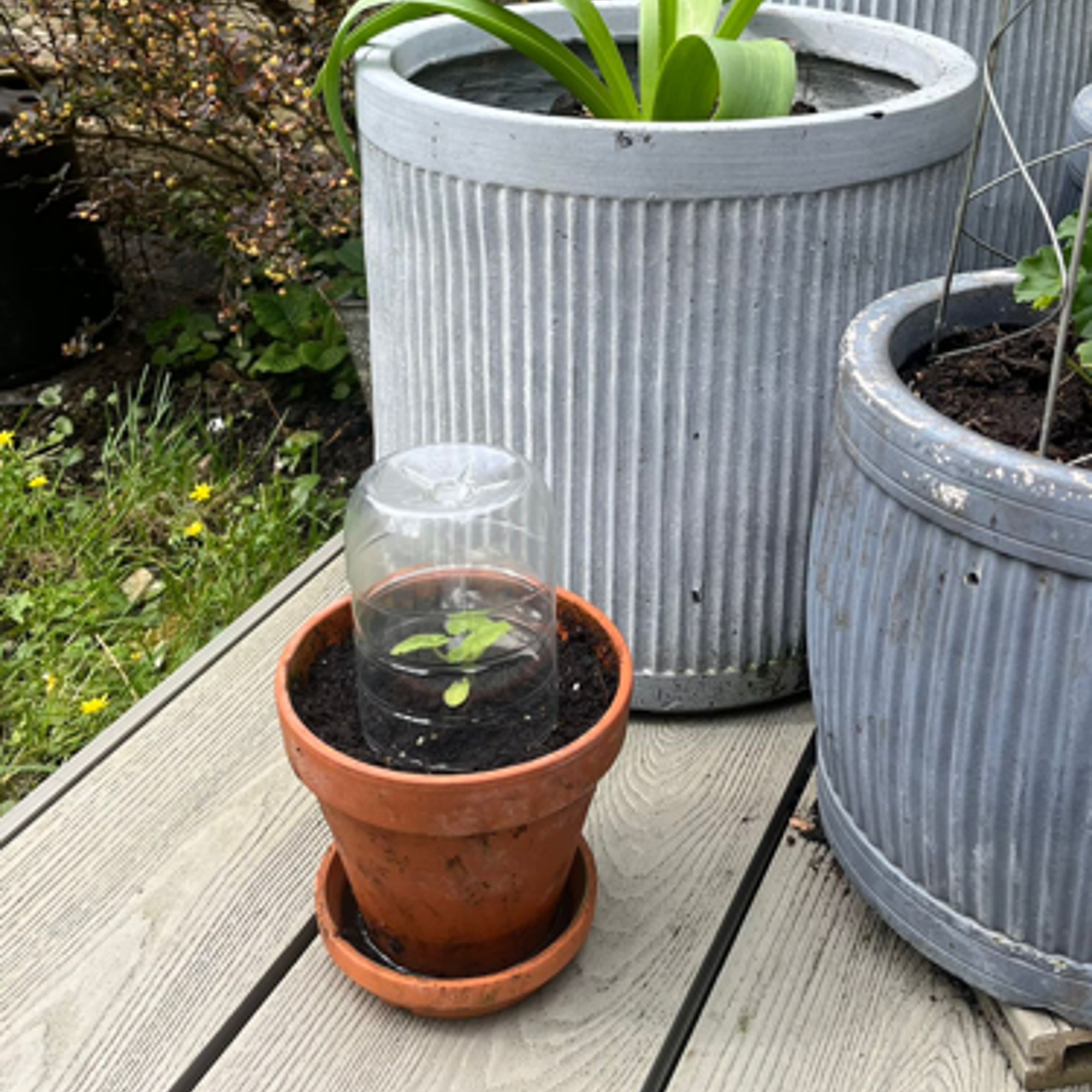
If you’ve used the bottom half of your plastic bottles as seed propagators and are left wondering what to with the top half, then utilising this part as protective plant cloches is the perfect way to make use of them. But in fact, this method works just as well if using the bottom half of a bottle.
‘Cut the bottom off of plastic bottles to use as protective cloches for young plants. This will protect the seedlings from frost and pests and harden them up as they acclimatise to the outdoors. Leave the lids off for ventilation unless the weather is very cold,’ Fiona recommends.
Steve adds, ‘This will also act as a greenhouse, and will help protect small seedlings from the elements. This is particularly good to protect young seedlings against wind and excessive rain.’
3. Use a plastic bottle as a watering can
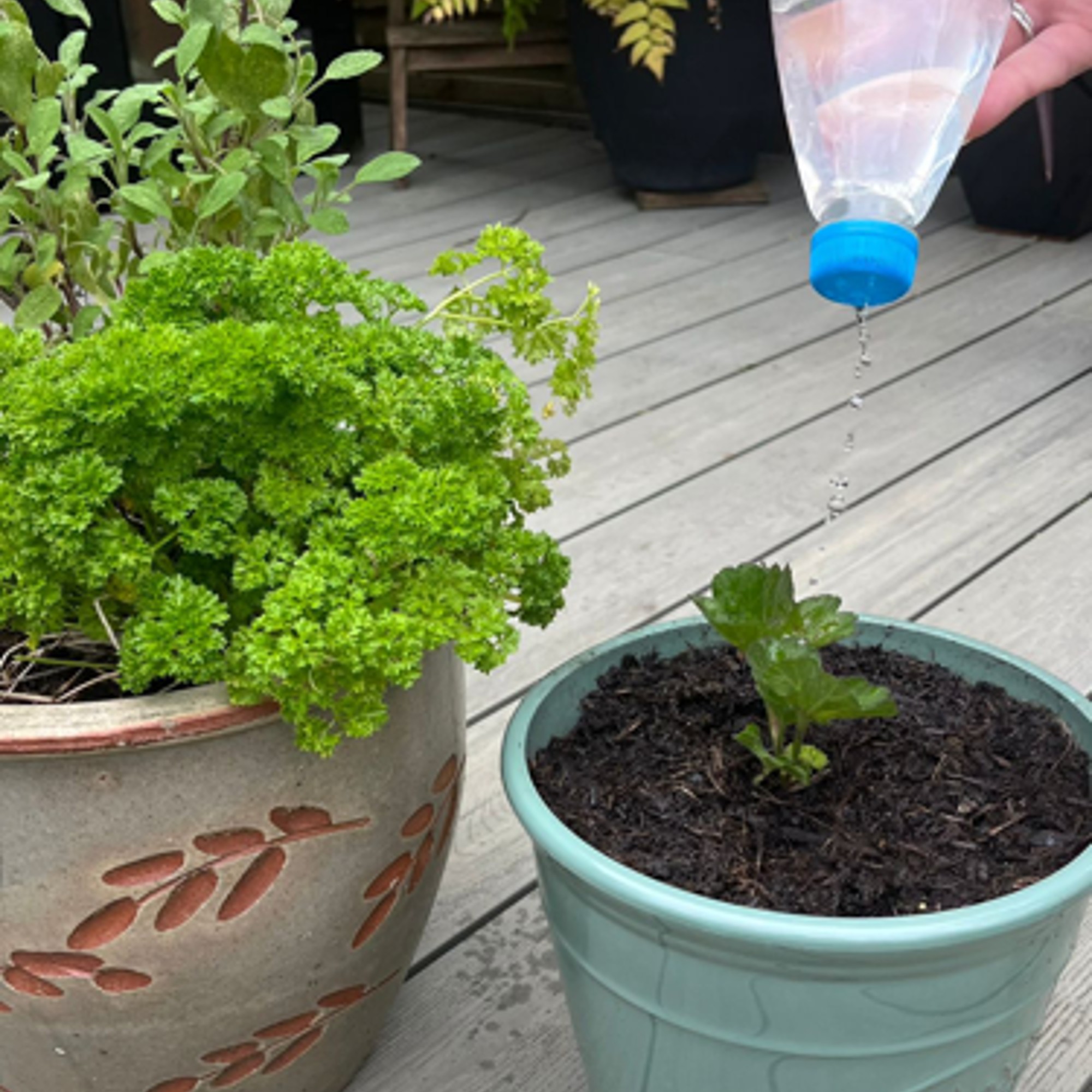
Don’t make the watering mistake of drowning your seedlings or delicate plants with a strong stream of water. For these, a delicate watering method is needed and a plastic water bottle is the ideal tool.
‘This is particularly good for houseplants that require a more precise watering. Put holes in the lid of a plastic bottle and fill it with water then use it as a watering can,’ Steve advises.
Or for larger plants, you can fashion a self-watering system out of a plastic bottle. ‘For larger plants cut the bottom off a plastic bottle and pierce holes around the neck, turn it upside down and bury it four inches or so into the soil. Now simply fill up the upturned bottle and it will gradually water the surrounding plants. This is great for tomatoes and squash,’ Fiona explains.
4. Use a plastic bottle as soil scoop
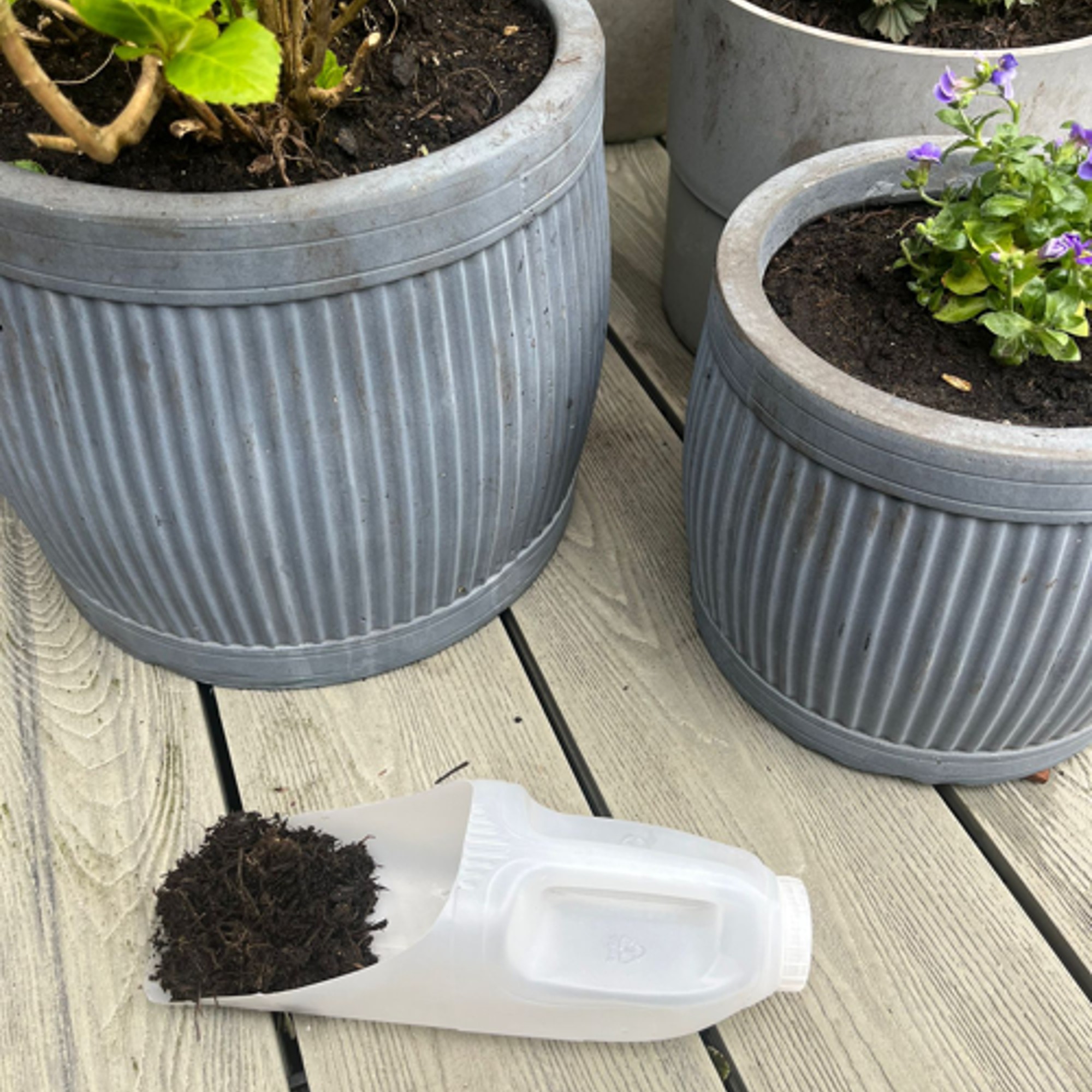
If you have a milk plastic bottle lying around - or juice sometimes comes in these - you can easily make yourself a DIY soil scoop.
‘Plastic bottles can also be repurposed as garden tools. A plastic milk container with a handle can be used as a soil scoop by cutting off the bottom at an angle,’ Fiona recommends.
5. Use plastic bottles to make plant labels

Cutting up your opaque plastic bottles, like those from milk again, to make plant labels is another bright budget garden idea.
‘Cut them into strips and use a permanent marker to label your plants. Just pop it in the ground and it should be much stronger than paper,’ Steve notes.
Now, this should lower your plastic waste and save you some cash at the same time. You’re welcome!







